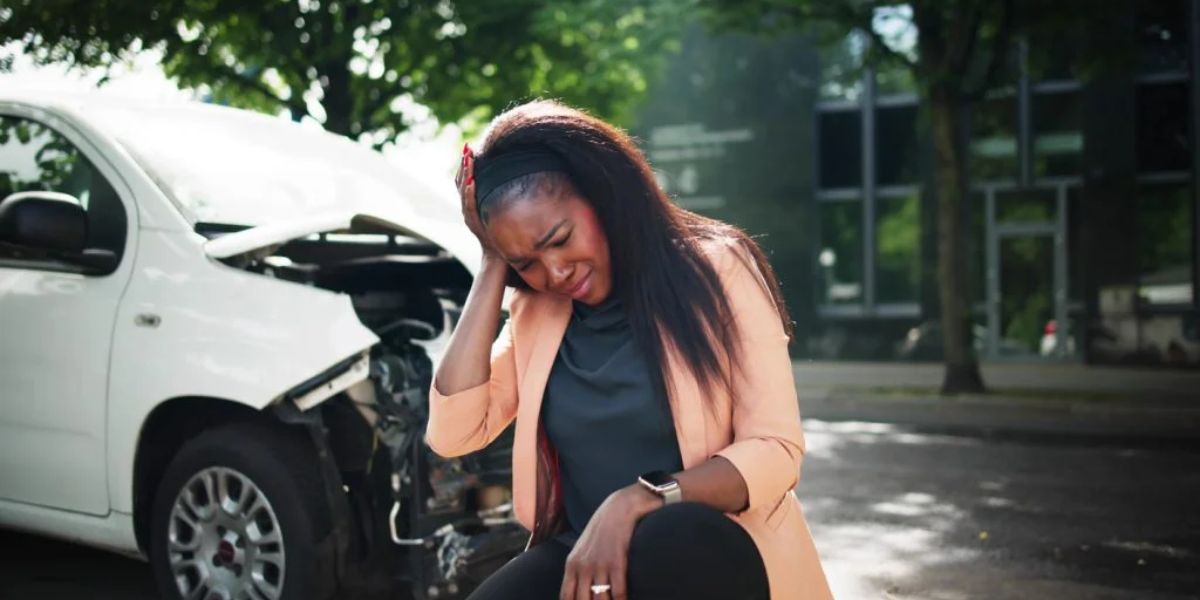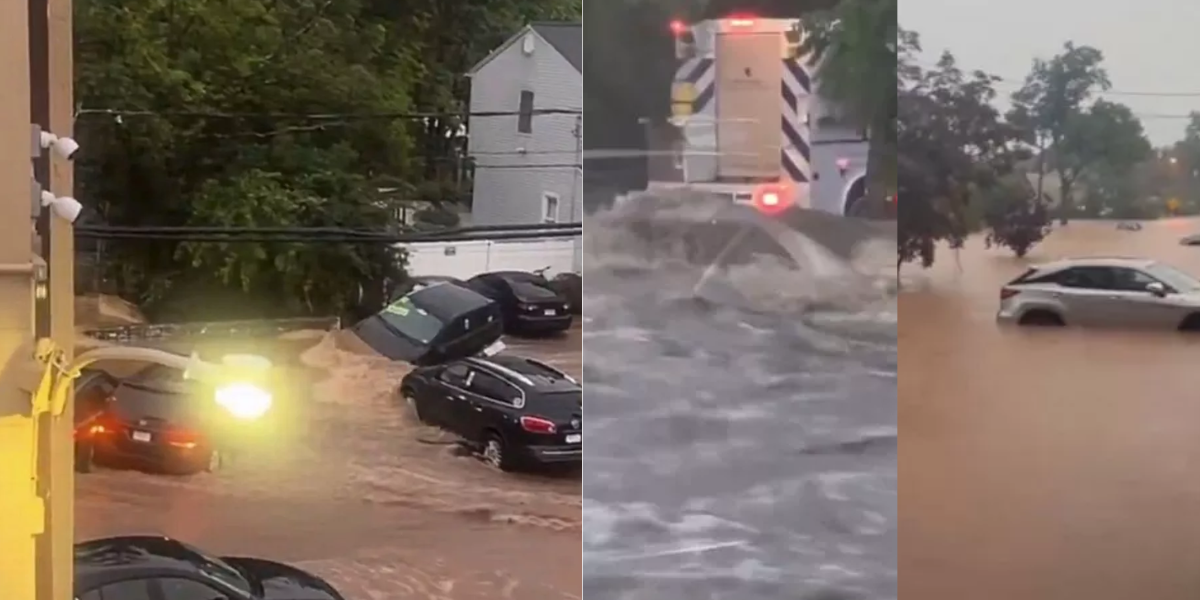Getting into a car accident can feel like the end of the world. It’s a tense moment, emotions run high, stress kicks in, and the mistakes you make can end up costing you a lot. That’s why it’s essential to stay calm and think clearly from the very first minute. Believe it or not, this can be the difference between a simple insurance claim or years of legal and financial trouble.
Since we don’t want anything bad to happen to you, here’s what you need to do if you’re involved in a crash on California roads.
What to do right after the accident
The first priority is safety, your health and the health of others is the most important thing after an accident. Make sure everyone is okay, call 911 if there are injuries or significant damage, and if it’s safe, move your vehicle out of traffic to avoid blocking the road. In California, leaving the scene of an accident (even a minor one) is illegal and can result in criminal charges. So no, don’t flee the scene, just make sure it’s safe to move your car.
Exchange information and document everything
Take photos from every angle possible: vehicles, damage, signs, road conditions, even the weather. Get the other driver’s information, as well as any witnesses and the responding police officers. This is crucial for your insurance claim.
You’ll need:
- From other drivers: full name, contact information, driver’s license number, insurance policy number and provider, and complete vehicle information, including the VIN if possible
- From witnesses: name and contact details in case a court hearing is needed
- From the police: the official report and the badge numbers of the officers present
What should you record?
Absolutely everything, from weather conditions to skid marks. Document it all for your insurance or a possible lawsuit.
When do I have to call the police?
California law requires you to call if someone is seriously injured or killed, or if the damage exceeds $1,000. Our advice? Just call. They’ll document the incident, take witness statements, and write an official report.
In the following days
Many symptoms don’t appear until hours or even days later. See a doctor as soon as possible. Besides taking care of your health, immediate medical records are critical for any future claims.
Notify your insurance and follow state rules
California requires you to notify your insurance company immediately, even if the accident wasn’t your fault. Never admit responsibility when speaking with them. And don’t forget to submit the SR-1 form to the DMV if there were any injuries.
Don’t say more than you need to
You are not required to give a recorded statement to the other driver’s insurance company. Their goal is to minimize what they pay, and anything you say could be used against you. Don’t sign anything without talking to a lawyer.
How and when to contact a lawyer
If there are injuries, major damages, or disputes over fault, don’t hesitate. Look for an attorney who specializes in car accidents. They’ll handle negotiations with insurance companies, collect evidence, and fight for fair compensation.
What if you were partly at fault?
California uses a pure comparative fault system. That means you can still get compensation even if you were partly to blame. If you’re found 20% at fault, you’ll receive 80% of your claim’s value.
How long do you have to file a claim?
In most cases, you have up to 2 years from the date of the accident to file a personal injury claim, and 3 years if it’s just property damage. But be careful, if you miss the deadline, you lose the right to sue.
An accident can change everything in seconds. But if you follow these steps with calm and awareness, you can protect your health, your finances, and your legal rights. Don’t let fear or panic take over!




